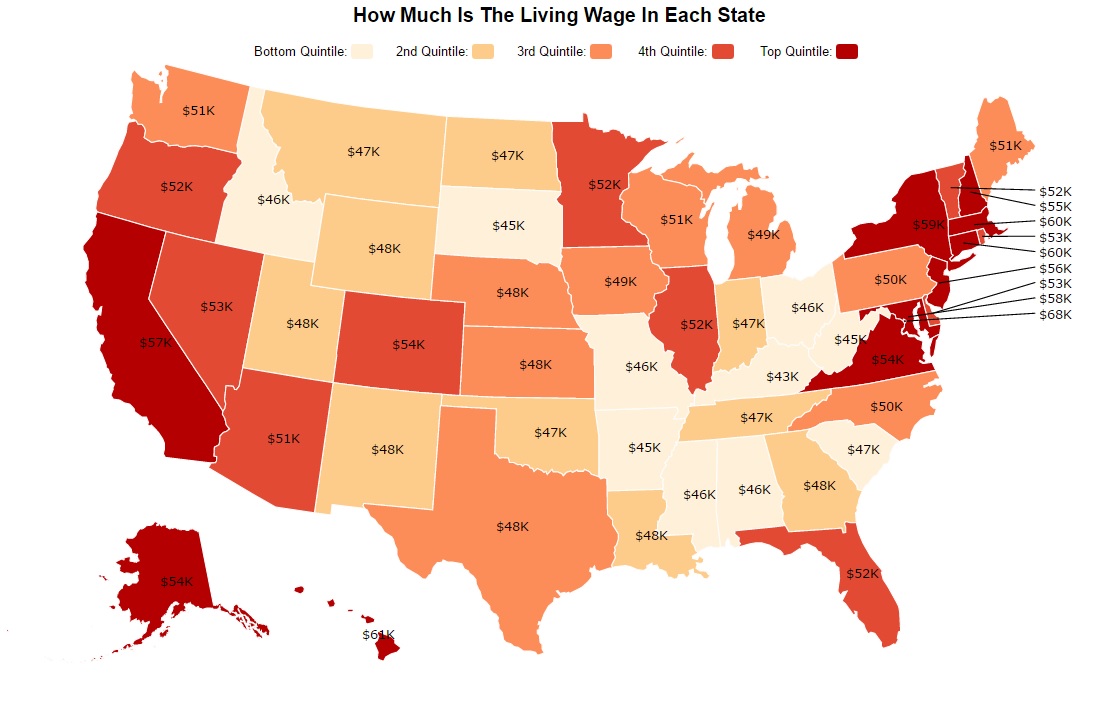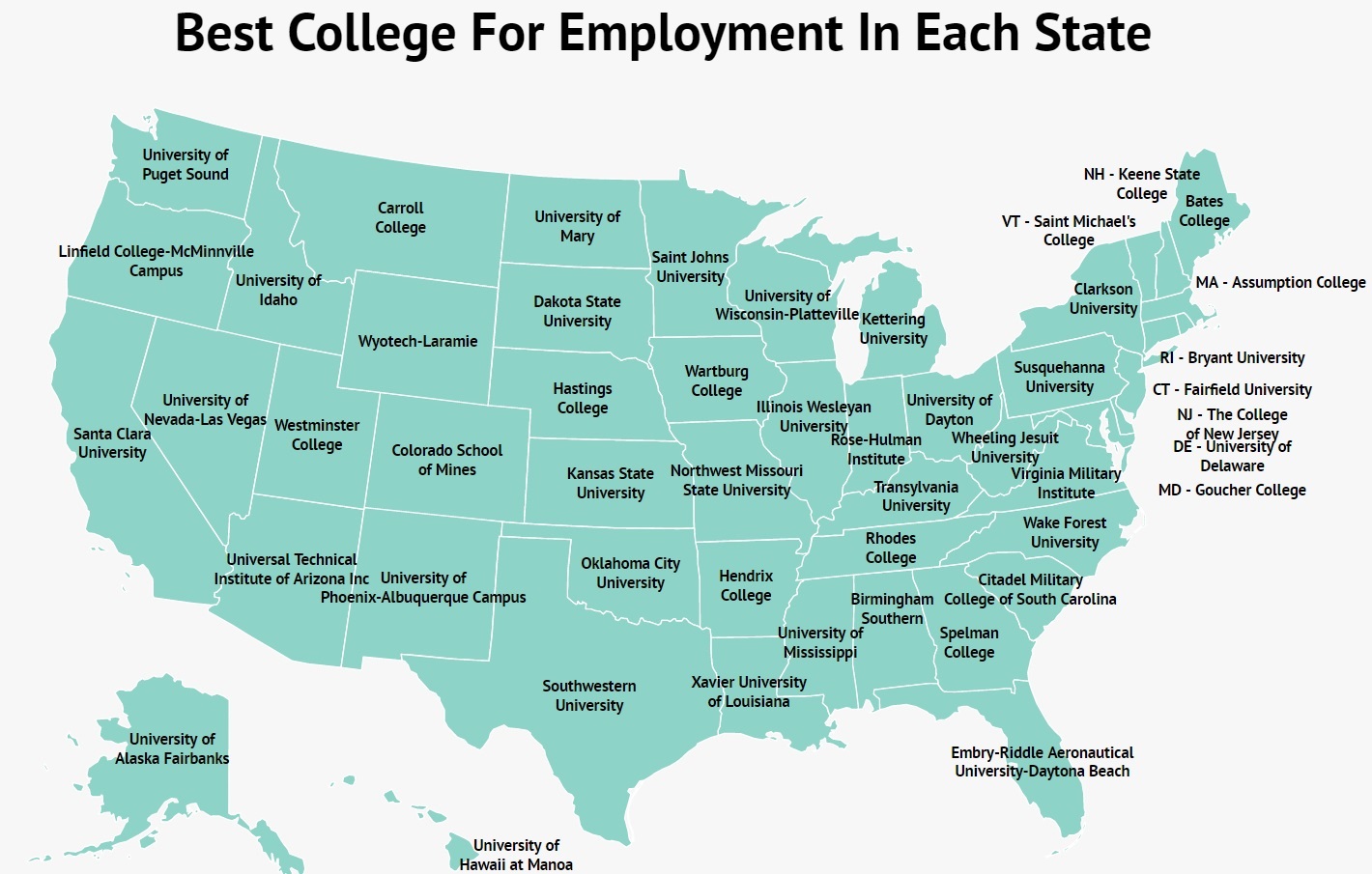My dad instilled in me the notion that to be successful at work you need to be the first one into the office and the last one out at night. And while I found it considerably easier to follow that advice before I had a kid, his general intuition holds -- working more hours leads to success in the form of higher earnings.
I know my dad truly meant to convey the compounding power of hard work over the course of your career, but I'm going to take him literally and calculate the optimal number of hours to work with the goal of maximizing earnings. Put differently, at what point does an extra hour of work stop increasing your earnings and instead just provide fodder for "busy boasting" or "humblebragging"?
According to the most recent Census data, your earnings rapidly rise as a function of your hours worked... up to the 55 hours per week mark. After that point, earnings don't really increase for the average earner -- no matter how many more hours they work per week.
Let's take a more detailed look at exactly how increasing your hours worked per week increases your earning potential. Or jump to a summary of practical tips I learned from the analysis.
Which Professions Let You Take Advantage Of This Trend?
From the data above, if you want to maximize your earnings, it pretty clearly shows that you should try to work about fifty five hours a week. However, you also want to be in a profession that allows you to earn non-linear returns on your time spent working.
Which brings me back to my wife.
She's put it in insane hours the past 10 years in medical school, residency, and fellowship at below average pay, so that she can become an attending physician. When you think about it, the change in pay equates to essentially changing careers from a staff employee to manager.
Not surprisingly, doctors are the second most efficient profession for turning long hours worked into earnings -- 54 hours a week with annual earnings of $237,000. That's an effective $84/hr. On the other side of the spectrum, "Graders And Sorters of Agricultural Products" are the least efficient profession working 42.4 hours a week for $19,320/yr.
Which Professions Most Efficiently Turn Hours Into Earnings?
Below, I plot the relationship between hours worked and earnings while trying to highlight the most efficient earners -- those with the highest hourly rate.
The most efficient profession happens to be dentists, which make $86/hr based on their average hours worked and average salary. Several other healthcare professions including Optometrists and Nurse Anesthetists also earn a significant amount per hour of work.
On the other end of the spectrum, professions like agriculture workers work long hours, but don't seem the same return on time spent working. Then there's the outlier on the bottom right, oil derricks. They work the most hours by a good margin, but don't see the percentage returns on earnings you'd hope for given that many hours of work.
How Does This Practically Help You?
There's a glaring problem with my analysis thus far -- while true in the "average" case, you're already in a specific job at a specific salary or hourly rate. How can this help you?
Well you have a couple of practical options:
- Go from part time work to full time work. This nets you a very efficient bump in salary similar to graduating from college or high school.
- Work Overtime. Most states pay time and half for hours worked above a certain threshold. That corresponds to super-efficient hours to work on a $/hr basis. This fact was my favorite part when I was paid hourly and something that most people don't take advantage of if given.
- Change jobs. While the first two ideas applied to none salaried workers, this applies to everyone. After working at a company for 1 to 2 years full time, you should be able to snag a higher paying job at another company. Or, at least ask for a raise.
- Change careers. You should be working at a job that has some sort of career path where age, experience, and/or hours can earn you more.
Work Smarter, Not Harder
At a high level, I'd recommend doing what you can to work your way into a profession that rewards hours worked. It gives you some level of control over your potential current, and future, earnings.
Again, the aim here is to maximize earnings. If that's not your main goal, than you can take this analysis with a grain of salt. But I for one am happy I put in the long hours early in my career -- there's some level of compounding interest on work put in. That is to say, the hours you work early on can pay big dividends later in your career.
Oh, and be a dentist if you want a simple road to riches.
Specific Methodology
Using the most recent PUMS data from the American Community Survey, I was able to drill down the data by hours worked and average annual income. I was then able to group professions together according to the SOC code system.
I only looked at full-time workers (>= 35 hrs/week) aged 25-66.
I graphed each profession against its average hours worked and average earnings.





